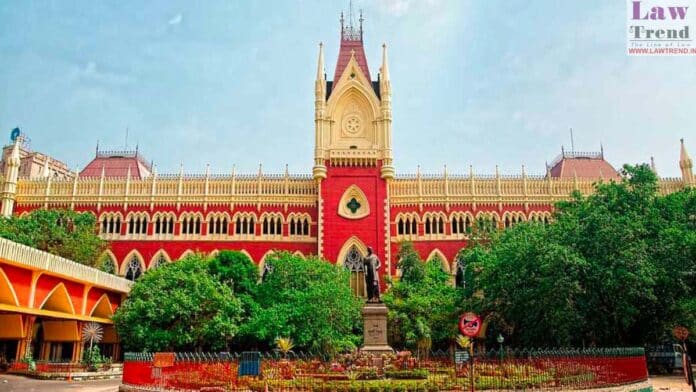The Calcutta High Court has held that delay on the part of the Government in absorbing an employee cannot be a ground to deny pensionary benefits, and such delayed period must be counted as qualifying service. The Division Bench of Justice Madhuresh Prasad and Justice Supratim Bhattacharya passed the judgment while allowing a petition filed
To Read More Please Subscribe to VIP Membership for Unlimited Access to All the Articles, Download Available Copies of Judgments/Order, Acess to Central/State Bare Acts, Advertisement Free Content, Access to More than 4000 Legal Drafts( Readymade Editable Formats of Suits, Petitions, Writs, Legal Notices, Divorce Petitions, 138 Notices, Bail Applications etc.) in Hindi and English.




